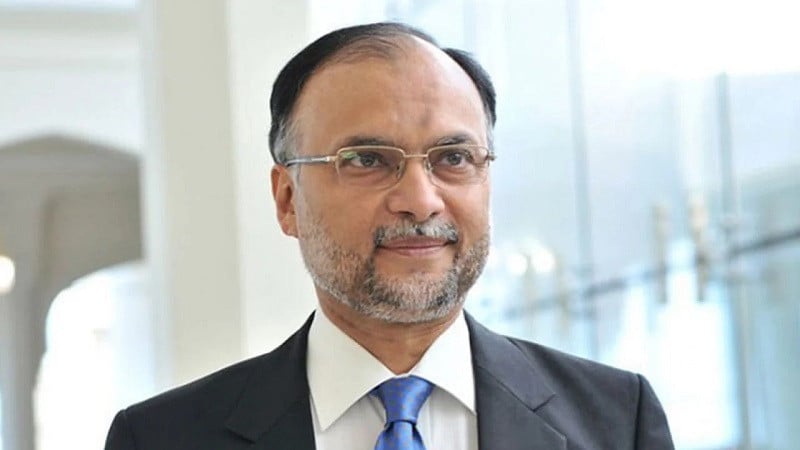ISLAMABAD: Minister for Planning, Development, and Special Initiatives, Professor Ahsan Iqbal, expressed optimism on Thursday that Balochistan will emerge as the most prosperous province in Pakistan within the next 15 to 20 years, attributing this potential to ongoing development efforts and the province’s vast resources.
During the launch of the book *Mir Hazar Khan Marri – Mazahmat Say Mufahamat Tak* (From Resistance to Reconciliation), authored by Ammar Masood and researched by Khalid Farid, Iqbal noted that this year the federal government allocated Rs130 billion for Balochistan’s development budget, nearly double that of Punjab and higher than any other province.
The minister paid tribute to Mir Hazar Khan Marri, a key figure in Balochistan who educated the youth about the hostile intentions of Pakistan’s adversaries, helping guide the province toward reconciliation and unity.
Iqbal highlighted Pakistan’s strategic significance in the region, surrounded by powerful neighbors like China, Iran, and India. He compared Pakistan, at 77 years old, to a ‘newborn’ experiencing growing pains but assured that it will ultimately emerge stronger.
Discussing Balochistan’s vital geostrategic position, he remarked on the province’s history of being a focal point for global powers, which have engaged in proxy wars over it since British rule. He noted that without Balochistan’s inclusion in Pakistan, the province could be facing challenges similar to those of Afghanistan.
Emphasizing the security of Pakistan as the first Islamic nuclear state, Iqbal stated that external threats are minimal, but warned that anti-state elements are attempting to mislead the youth of Balochistan.
The minister affirmed the federal government’s commitment to addressing the province’s needs and improving its sense of deprivation, emphasizing that Balochistan’s development is critical to the overall progress of the country.
Reflecting on past achievements, Iqbal cited the construction of extensive road infrastructure and the establishment of universities to cultivate skilled human resources in the province.
He also mentioned the government’s decision to allocate 50% of public sector procurement through the Gwadar deep seaport, aimed at stimulating Balochistan’s local economy. In just 16 months, the Gwadar Port has handled 600,000 tonnes of cargo, underscoring the effectiveness of the government’s initiatives, he concluded.



